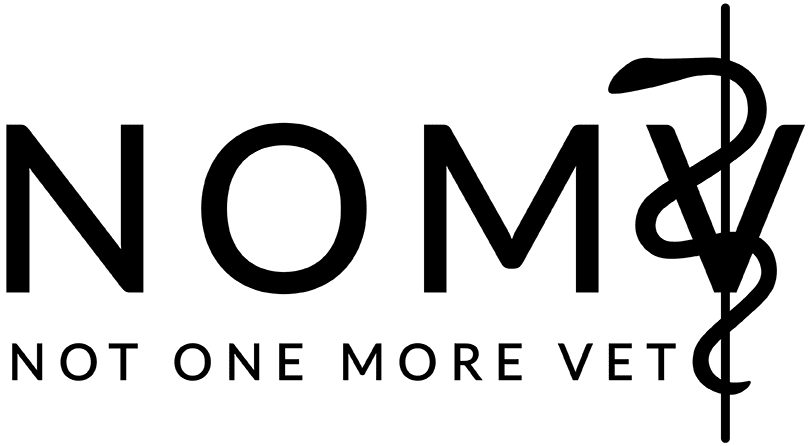The Hand That Holds the Leash: A Story of Support from Not One More Vet
For the better part of two decades, my hands have been dedicated to the well-being of animals. As a veterinary technician since 2008, my journey into the demanding realm of emergency care, following years in shelter medicine, has been fueled by a deep love for animals and an unwavering commitment to their families during times of profound vulnerability. But this dedication often comes at a steep personal cost. Those of us in emergency medicine become intimately familiar with missed holidays, skipped family celebrations, and an absence from the very important moments in our loved ones’ lives. The around-the-clock demands, the unpredictable crises, the sheer necessity of being there when others can’t – it’s a constant balancing act that often tips heavily towards the needs of our patients. This is our calling, undeniably, but it’s one that requires significant sacrifice, not just from us, but from our families who understand, perhaps more than anyone, the depth of our commitment.

To counter the inherent stresses of this demanding profession, I discovered solace and rejuvenation in the exhilarating freedom of mountain biking. The winding trails, the challenge of the terrain, the sheer immersion in nature – it became my sanctuary, a place where the chaos of the clinic faded into the sublime peace of the wilderness. The adrenaline was a bonus, but the tranquility was essential. It was my happy place, despite the acknowledged risks that come with the sport.
Then, in an instant, that sanctuary was ripped away. On a familiar trail, a feature I had navigated countless times before, a freak accident sent me crashing. Thankfully, my husband and friends were there, their quick action getting me to the emergency room. The diagnosis: a broken and displaced scapula – a rare fracture, they said, accounting for less than one percent of all breaks, a testament to the violent force of the impact. Adding insult to injury, cracked ribs and a fractured clavicle joined the party, painting a clear picture of a long and arduous recovery.
Suddenly, my ability to access my haven, to perform my vital work, even to care for myself adequately, was gone. The prospect of 6-8 weeks out of work loomed large. While I was grateful for my short-term disability policy, the mounting medical bills and specialist co-pays quickly outpaced its benefits. Fear gnawed at me. How would I manage rent, groceries, the ever-increasing stack of medical expenses? Despair began to creep in.
It was a fellow technician, a Volunteer of Not One More Vet, who offered a lifeline. She urged me to apply for a NOMV support grant. Hesitantly, I did. To my profound relief, my application was approved with remarkable speed.
The support I received from NOMV was a beacon in a time of overwhelming darkness. It provided a crucial bridge, offering financial breathing room before the weight of my situation could pull me under. While I found the help I needed before the stress became unbearable, I know all too well that others in our community are not always so fortunate. The need for organizations like NOMV is immense, perhaps now more than ever, as economic uncertainties and the constant pressures of our profession take their toll.
NOMV reminded me that we, the caregivers, are not forgotten. There are those who care for us. Words cannot fully express my gratitude for the support I received. I share my story not just as a testament to my relief, but as a message of hope for anyone in our veterinary family who might be struggling, unsure of where to turn. When you feel like no one is there, please, look again. Reach out. Because we, as caregivers, need to stand together and ensure not one more vet, not one more support staff member, feels so utterly alone that they see the ultimate escape as their only option.
Thank you, Not One More Vet, for being that lifeline.
Sincerely,
K.C.
Recent Posts
About Us
NOMV addresses well-being in the veterinary medical community through evidence driven programming that raises awareness on mental health in the community while providing innovative prevention and intervention programming.
